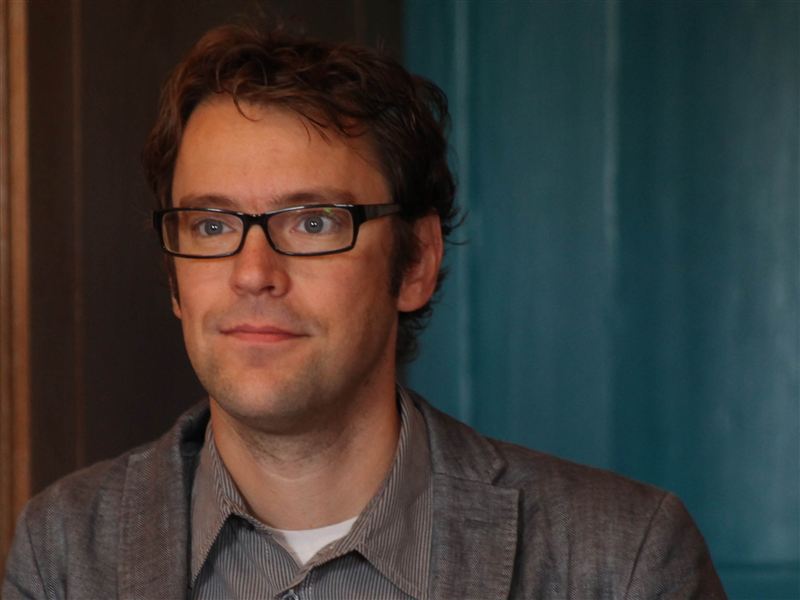onsdag
aug252010
Frank om att undervisa mikro
 25 aug 2010, kl 11:12
25 aug 2010, kl 11:12 Så här skriver ekonomen Robert H Frank i ett papper om undervisning på anivå i nationalekonomi:
Several months after having completed an introductory economics course, most students are no better able to answer simple economic questions than students who never took the course. The problem seems to be that principles courses try to teach students far too much, with the result that everything goes by in a blur.
Inte helt upplyftande med tanke på att jag nästa vecka drar igång just en sådan kurs...
Frank menar att det är bättre att fokusera ett antal principer, och han föreslåt följande:
- The scarcity principle: Having more of one good thing usually means having less of another.
- The cost-benefit principle: Take no action unless its marginal benefit is at least as great as its marginal cost.
- The not-all-costs-matter-equally principle: When making decisions, some costs (e.g., opportunity and marginal costs) matter much more than others (e.g., sunk and average costs).
- The principle of comparative advantage: Everyone does best when each concentrates on the activity for which he or she is relatively most productive.
- The principle of increasing opportunity cost: Use the resources with the lowest opportunity cost before turning to those with higher opportunity costs.
- The equilibrium principle: A market in equilibrium leaves no unexploited opportunities for individuals, but may not exploit all gains achievable through collective action.
- The efficiency principle: Efficiency is an important social goal because when the economic pie grows larger, everyone can have a larger slice.
Jag gillar framför allt Franks argumentation för att fokusera på vissa principer:
This narrower, more focused approach has much in common with the way a good tennis pro teaches a beginner to play tennis. In addition to the basic forehand and backhand ground strokes, there are countless other strokes to master in tennis—many of them highly nuanced, such as the top-spin lob, the American twist serve, the drop volley, and so on. A good pro ignores those more complicated shots entirely, concentrating instead on getting students to master the basic forehand and backhand.

Reader Comments (8)
http://www.youtube.com/watch?v=VVp8UGjECt4
Även Frank och Bernankes mikrobok har det upplägget. En mkt bra bok faktiskt. På svenska tycker jag Håkan Pihls "Ekonomi från början" var trevlig och pedagogisk (om än något för enkel. Vissa saker är faktiskt enklare att förstå med formler och diagram).
Angående fokuserandet på några enkla och grundläggande principer så kan jag intyga att samma sak gäller inom Brasiliansk Jiu-Jitsu.